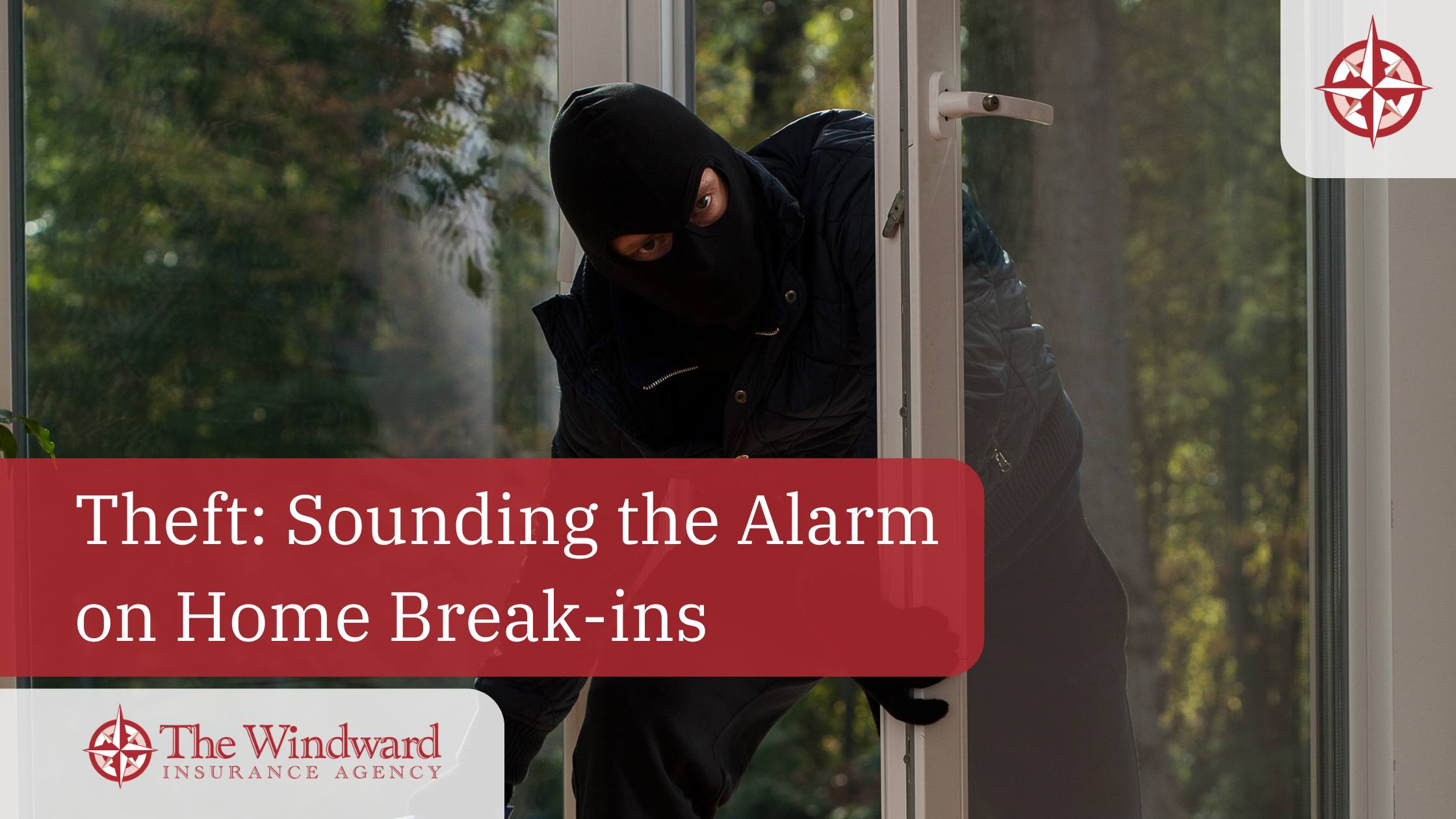Personal property insurance is like having an enormous safe for your belongings—whether it's your vintage record collection, favorite recliner, or high-tech Vitamix blender you use to make the perfect smoothie. As a Florida homeowner or renter, you've got questions about it – and the insurance pros at The Windward Insurance Agency have got the answers! Let's dive into the top 10 FAQs we get about personal property insurance.
FAQ 1: What exactly is personal property insurance?
Personal property insurance coverage shields your cherished possessions. Think furniture, electronics, clothing, and even the quirky gnome collection you've been curating. If a covered peril – like fire, windstorm, theft, or a sudden burst pipe – damages your stuff, this coverage steps in.
FAQ 2: How do I know how much personal property coverage I need?
Choosing the right amount of personal property insurance involves assessing your needs and understanding the coverage options available. Here are some tips to help you make the best decision:
- Inventory your belongings. Create a list of your personal property, including estimated values. Add it all up and make sure you have coverage limits sufficient to cover the total value.
- Evaluate your risks. Consider the likelihood of specific risks, such as hurricanes, flooding, or high crime rates in your area.
- Consult with experts. Work with an experienced insurance agent who can guide you through the process and recommend the best policies for your situation.
FAQ 3: Are there any items personal property insurance doesn’t cover?
Standard personal property coverage may have limits or exclusions for certain high-value items, like expensive jewelry, fine art, or costly collectibles. These items may require additional coverage or endorsements to be fully protected.
FAQ 4: How does homeowners insurance cover my belongings?
Homeowners insurance typically includes personal property (Coverage C) as part of its standard policy. This means if your belongings are damaged or stolen, your homeowners policy can help pay to repair or replace them. In Florida, where hurricanes and severe weather are common, having robust personal property coverage is crucial.
- Coverage limits. Many homeowners policies set coverage limits at a percentage of your dwelling coverage. For instance, if your home is insured for $300,000 and your personal property limit is 50% of it, your belongings would be covered for up to $150,000. You may be able to increase this limit; by asking your agent.
- High-value items: Items like pricey jewelry, fine art, and extravagant collectibles may be subject to additional limits. Consider adding a scheduled personal property endorsement to ensure these valuables are fully covered.
FAQ 5: Does my homeowners policy cover my belongings when they’re not in my home?
Yes, most homeowners insurance policies provide coverage for personal property both inside and outside your home. This includes items in your car, taken on vacation, or kept at a storage facility – but check your policy because limits can vary.
FAQ 6: What’s the difference between having my belongings insured for ‘actual cash value’ vs. ‘replacement value’?
Actual cash value coverage reimburses you for the current value of your item, minus wear and tear, based on the age and condition of your possessions.
Replacement cost, on the other hand, reimburses you for the cost of replacing the damaged or lost item with a shiny new version of it, without any depreciations.
FAQ 7: How are personal property claims processed?
In the event of a covered loss, you will need to file a claim with your insurance company. This typically involves providing a list of damaged or stolen items, proof of ownership, and any relevant documentation, such as receipts or photos. The insurance adjuster will then assess the claim and determine the payout. This is where having a home inventory prepared ahead of time can be priceless.
FAQ 8: Does renters insurance cover personal property?
Absolutely! Renters, listen up. Your landlord's insurance won't cover your possessions – at all. To get the protection you seek, you’ll need your own insurance.
Renters insurance provides coverage for your belongings against many of the same perils as homeowners insurance like theft, vandalism, fire, smoke damage, lightning, windstorm, falling objects, and more. It also includes liability coverage and additional living expenses if your rental unit becomes uninhabitable due to a covered event. Renters insurance is also generally affordable, making it a wise investment for protecting your possessions.
FAQ 9: How does personal property coverage differ for condo owners?
Condo insurance, also known as HO-6 insurance, is designed to cover the unique needs of condominium owners. It typically covers personal property, interior walls, and fixtures, along with providing liability coverage. Your condo association’s master policy covers the building’s structure and common areas, but not your personal unit. This is where condo insurance comes in.
FAQ 10: How can I lower my personal property insurance premium?
You can lower your insurance premium in several ways. Among the easiest is opting for a higher deductible, bundling policies from the same insurer, installing a monitored home security system, and maintaining a good credit score. Additionally, regularly reviewing and updating your policy with the help of your insurance agent can ensure you’re not paying for more than you need.
Protecting What Matters in the Sunshine State With Personal Property Insurance Coverage
Understanding personal property insurance may seem overwhelming, but you don't have to navigate it alone. The team at The Windward Insurance Agency is here to help you every step of the way. Whether you’re looking for homeowners insurance, renters insurance, condo insurance, or more, we have the expertise to find the right coverage for your needs. Let us help you protect what matters most.
Get your quote now or call The Windward Insurance Agency at (866) 231-2433 today!





